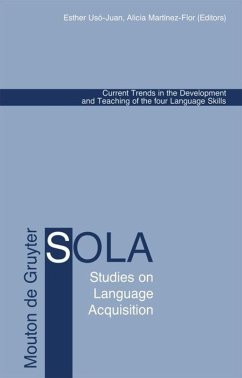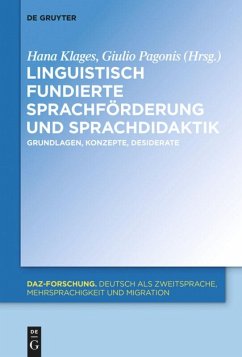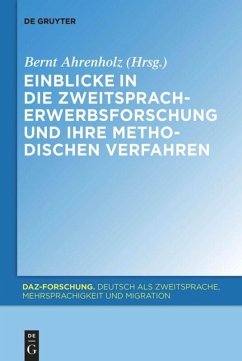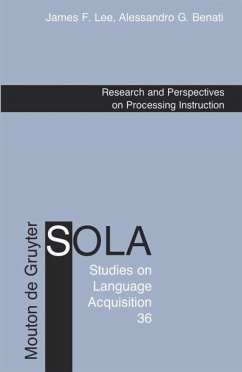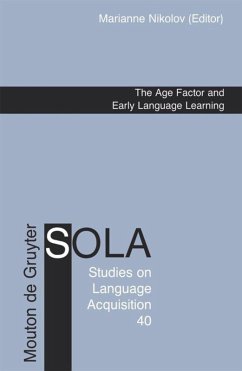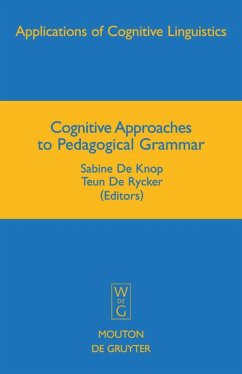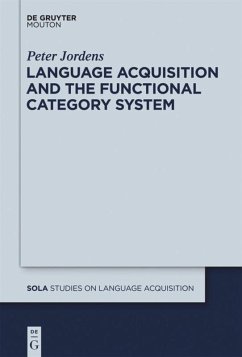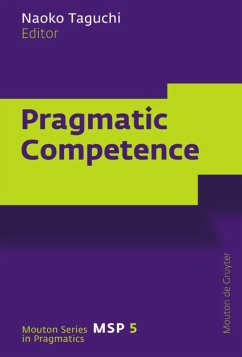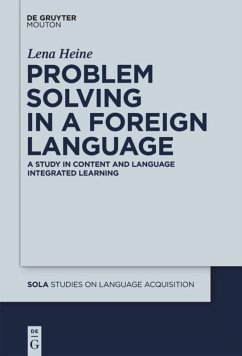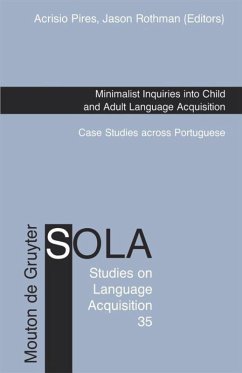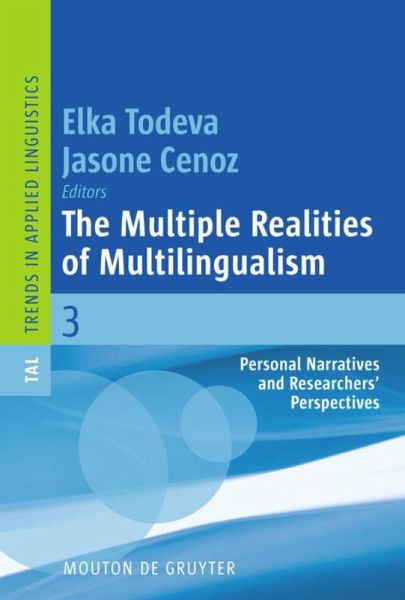
The Multiple Realities of Multilingualism
Personal Narratives and Researchers' Perspectives
Herausgegeben: Todeva, Elka; Cenoz, Jasone
Versandkostenfrei!
Versandfertig in 1-2 Wochen
89,99 €
inkl. MwSt.

PAYBACK Punkte
45 °P sammeln!
This book is the very first collection of first-person language learning narratives that offers rich introspective data on the various processes and forces shaping the development and maintenance of multiple languages (seven and more) in a single individual. The writers are twelve multilinguals who have been influenced by quite different contextual factors and who have learned a wide range and combination of dialects and languages from both similar and very different linguistic families. The combinations explored in the narratives include some lesser-known languages that come from under-resear...
This book is the very first collection of first-person language learning narratives that offers rich introspective data on the various processes and forces shaping the development and maintenance of multiple languages (seven and more) in a single individual. The writers are twelve multilinguals who have been influenced by quite different contextual factors and who have learned a wide range and combination of dialects and languages from both similar and very different linguistic families. The combinations explored in the narratives include some lesser-known languages that come from under-researched areas, such as the African continent, certain parts of Asia, the Middle East, and Eastern Europe.
Also unique are two theoretical chapters which analyze the narrative data against the background of language development research findings within several thematic areas: multiple language learning as a complex dynamic system; the influence of bilingualism/multilingualism on the acquisition of additional languages; cross-linguistic influence; and also emotions, motivation, and identity. The aim of this juxtaposition and analysis is to allow a meaningful comparison of the extent to which etic, researcher-generated, and emic, learner-offered perspectives match or diverge, and to identify new questions that the emic data may add to research agendas. The book is an excellent resource not only for researchers but also for teachers as well as for students of language at the graduate and undergraduate level.
Also unique are two theoretical chapters which analyze the narrative data against the background of language development research findings within several thematic areas: multiple language learning as a complex dynamic system; the influence of bilingualism/multilingualism on the acquisition of additional languages; cross-linguistic influence; and also emotions, motivation, and identity. The aim of this juxtaposition and analysis is to allow a meaningful comparison of the extent to which etic, researcher-generated, and emic, learner-offered perspectives match or diverge, and to identify new questions that the emic data may add to research agendas. The book is an excellent resource not only for researchers but also for teachers as well as for students of language at the graduate and undergraduate level.





